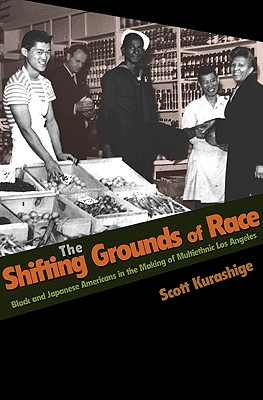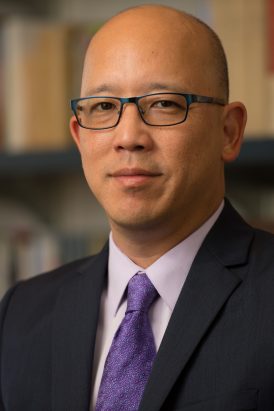

 Princeton University Press
Princeton University Press
The Shifting Grounds of Race: Black and Japanese Americans in the Making of Multiethnic Los Angeles


Key Metrics
- Scott Kurashige
- Princeton University Press
- Paperback
- 9780691146188
- 9.1 X 6.1 X 1 inches
- 1.15 pounds
- History > United States - State & Local - West (AK, CA, CO, HI, ID, MT, NV, UT, WY)
- English
 Secure Transaction
Secure TransactionBook Description
Los Angeles has attracted intense attention as a world city characterized by multiculturalism and globalization. Yet, little is known about the historical transformation of a place whose leaders proudly proclaimed themselves white supremacists less than a century ago. In The Shifting Grounds of Race, Scott Kurashige highlights the role African Americans and Japanese Americans played in the social and political struggles that remade twentieth-century Los Angeles.
Linking paradigmatic events like Japanese American internment and the Black civil rights movement, Kurashige transcends the usual black/white dichotomy to explore the multiethnic dimensions of segregation and integration. Racism and sprawl shaped the dominant image of Los Angeles as a white city. But they simultaneously fostered a shared oppositional consciousness among Black and Japanese Americans living as neighbors within diverse urban communities.
Kurashige demonstrates why African Americans and Japanese Americans joined forces in the battle against discrimination and why the trajectories of the two groups diverged. Connecting local developments to national and international concerns, he reveals how critical shifts in postwar politics were shaped by a multiracial discourse that promoted the acceptance of Japanese Americans as a model minority while binding African Americans to the social ills underlying the 1965 Watts Rebellion. Multicultural Los Angeles ultimately encompassed both the new prosperity arising from transpacific commerce and the enduring problem of race and class divisions.
This extraordinarily ambitious book adds new depth and complexity to our understanding of the urban crisis and offers a window into America's multiethnic future.
Author Bio
Scott Kurashige is a professor of American and ethnic studies in the School of Interdisciplinary Arts and Sciences at the University of Washington Bothell. He is president of the American Studies Association, 2019-20.
From 2000 to 2014, he was assistant, associate, and full professor of American culture and history at the University of Michigan. He has held fellowships at Harvard’s Charles Warren Center for Studies in American History and the Smithsonian National Museum of American History.
He is the author or co-author of four books: The Shifting Grounds of Race: Black and Japanese Americans in the Making of Multiethnic Los Angeles (2008, winner of the American Historical Association’s Beveridge Award for distinguished book on the history of the United States, Latin America, or Canada, from 1492 to the present and the History Book Award from the Association for Asian American Studies), The Next American Revolution: Sustainable Activism for the Twenty-First Century (with Grace Lee Boggs, 2011), Exiled to Motown: A History of Japanese Americans in Detroit (with the Detroit JACL, 2015), and The Fifty-Year Rebellion: How the U.S. Political Crisis Began in Detroit (2017).
He received his MA in Asian American studies (1996) and PhD in history (2000) from UCLA.
Research Interests
Scott Kurashige studies race in a comparative, intersectional, and transnational framework with a focus on urbanism and social movements. His work has especially focused on the relationship between Asian Americans and African Americans and on the cities of Los Angeles and Detroit.
From 1998 to 2015, he was a close collaborator with Grace Lee Boggs, a radical philosopher/activist based in Detroit. His current book project book project, Neighbors in the Hood, probes how Asians, since the neoliberal turn of the 1970s, have become a convenient scapegoat for the multi-faceted problems and intersecting crises tied to deindustrialization, corporate globalization, and the devastation of predominantly African American cities and urban communities.
It further addresses how Asian American activists have responded to this scapegoating by developing structural analyses that critique anti blackness while fostering a multiracial vision of social justice and coalition
Source: University of Michigan - National Center for Institutional Diversity
Videos






Community reviews
Write a ReviewNo Community reviews